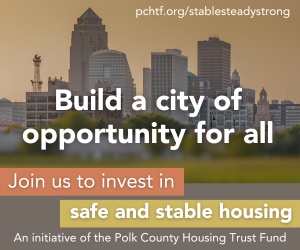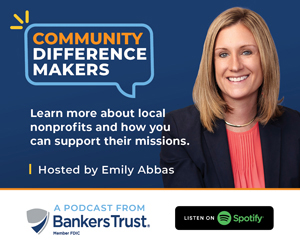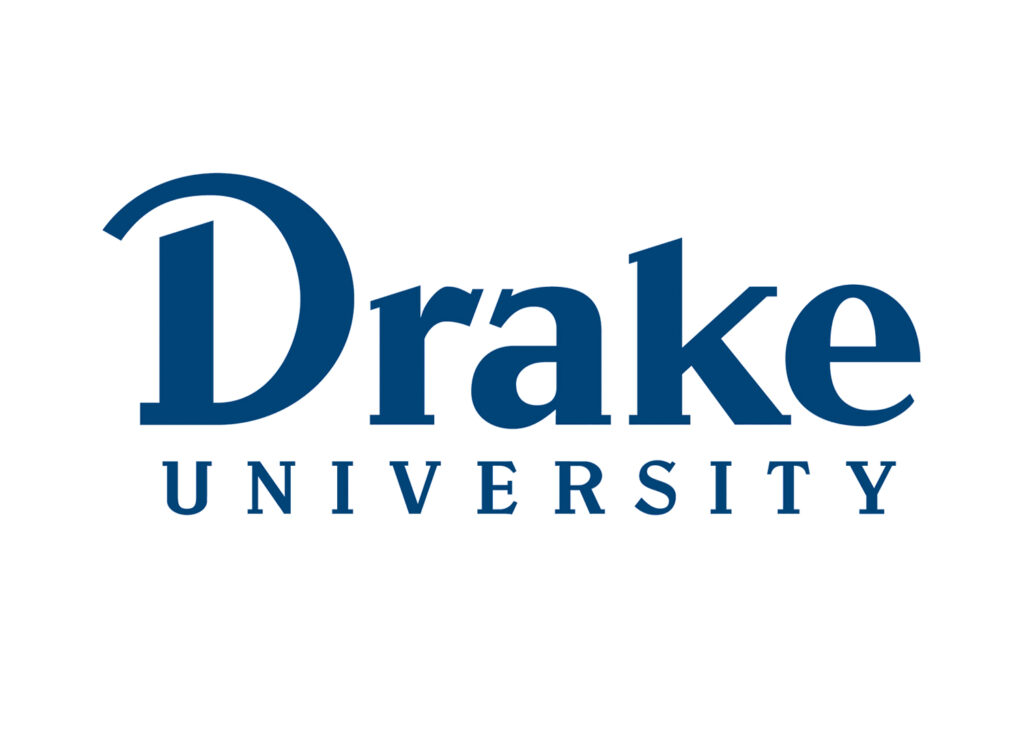Connecting housing and education
Panel: Lack of access to transportation, stable housing limits capacity to learn

Kathy A. Bolten Jun 6, 2024 | 3:47 pm
2 min read time
566 wordsAll Latest News, Education, Housing, Nonprofits and Philanthropy
The connection between housing and education was the theme of this week’s Women Build Luncheon, sponsored by Greater Des Moines Habitat for Humanity.
Panelists included Mary Chapman, president emeritus, Des Moines Area Community College; Bridget Cravens-Neely, CEO, Big Brothers Big Sisters of Central Iowa; and Tascha Brown, director of Des Moines school’s Central Campus. Angela Franklin, Ph.D., president and CEO of Des Moines University, moderated the conversation.
Before the discussion, Rachelle Keck, Grand View University’s president, reminded the audience that it has been 50 years since the passage of the Equal Credit Opportunity Act prohibited discrimination against loan or credit applicants for reasons related to sex or marital status. Before 1974, financial institutions refused to give loans of any type to women, Keck said.
“So, homeownership, just like education, changes lives,” Keck said. “People are happier, they’re healthier, they’re more secure, they’re more engaged citizens, and, overall, they have a higher level of life satisfaction.”
Below are takeaways from comments made by the panelists:
Brown: “When our kids and our families don’t have stable food and stable housing and access to transportation, it is limiting their capacity to learn and thrive in a manner that is going to lead them to not just higher education but also access to a career of their choosing that has a family-sustainable wage, access to health care, and benefits. … At Central Campus, we started a real estate investment class. When students are learning about real estate investment, they’re learning about who gets a mortgage and who doesn’t and why.”
Cravens-Neely: “How many of you know what latchkey means? I was a latchkey kid, one that moved six times during [during kindergarten through high school]. Three of those times were during high school. I know what it’s like to have unstable housing. It wasn’t that my mother wasn’t working her butt off. She was. But we had to move to where she could afford for us to live. … Housing plays a huge role in the development of a child. … If I, as a child, am focused on being hungry, where my family is going to live, and whether our home [has heat or air conditioning], I’m not going to focus on my education. What I’m missing out in school becomes a nonpriority because I am focusing on being safe. … When children have stability, when children feel safe, when children feel secure, their minds can be free to learn.”
Chapman: “When I was a teacher and a principal, I saw in real time the impact of housing when I would get students in my classroom who were moving for the third or fourth or even seventh time. Those students were trying to establish new friendships whilst trying to have trust in a new adult in their life that was telling them what to do. … At DMACC I saw the residual impact of unstable housing on students. …That’s why it’s important to have programs like [DMACC’s] YouthBuild that Habitat is a partner with. The program is providing students with education and [vocational] skills.”

Kathy A. Bolten
Kathy A. Bolten is a senior staff writer at Business Record. She covers real estate and development, workforce development, education, banking and finance, and housing.









